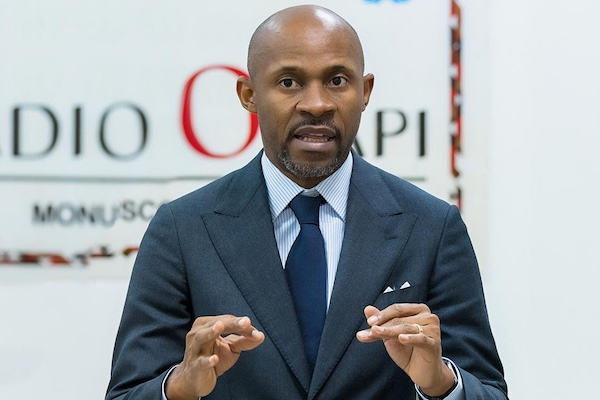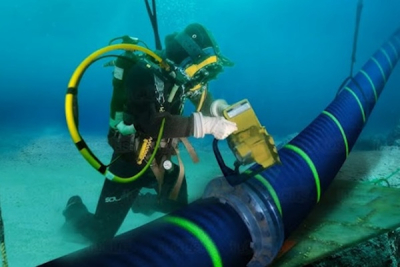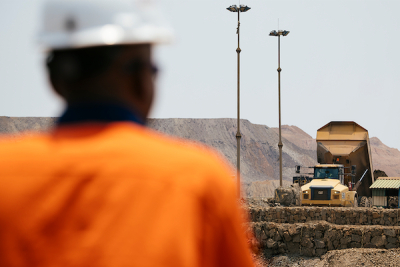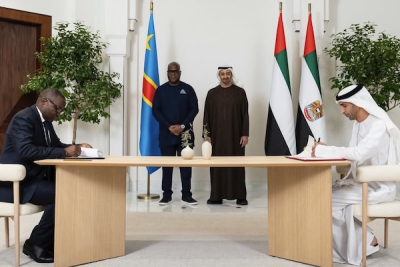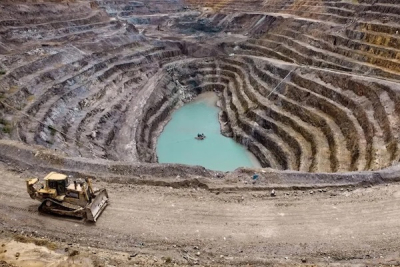• A new decree on the audiovisual licence fee has been sent to the Minister of Finance for review and signature.
• Cable TV operators may be the first to feel the effects of the reform.
A new interministerial decree defining the rates and collection procedures for the Democratic Republic of Congo’s (DRC) audiovisual licence fee has been forwarded to the Minister of Finance. The information appears in the minutes of the 53rd Council of Ministers meeting held on July 25, 2025. Details of the revisions have not been disclosed.
This is the third decree since the licence fee was introduced by the law of June 25, 2011. An initial order was adopted in December 2011, followed by a 2020 amendment. Yet, collection remains limited. In September 2024, Minister of Communication and Media Patrick Muyaya noted that of the nine acts provided for in the law, only three were being "timidly" applied, while the other six remained unenforced.
The licence fee is intended to finance public broadcasting, especially Radio-Télévision Nationale Congolaise (RTNC). It applies to individuals and legal entities possessing or using audiovisual receivers—TVs, radios, car stereos, computers, and phones—for personal or commercial purposes in their homes, offices, or branches.
Under existing regulations, the fee can be collected through various channels: importation of devices, utility and telecom bills, vehicle and aircraft registrations, or spontaneous company declarations.
Cable operators expected to be first affected
The latest reform may prioritize enforcement on cable TV subscriptions. This follows President Félix Tshisekedi’s May 16 call for operators to apply the legal 10% levy on subscriptions. He noted that RTNC already has a partner with a digital interface to facilitate data sharing and tax tracking.
On July 25, Minister Muyaya reported that cable providers—CANAL+, Startimes, Easy TV—had agreed to sign memorandums of understanding (MoUs) with RTNC. These include an initial 2.4% collection rate on subscriptions, though current laws must be amended to support this framework.
Muyaya also denounced inefficiencies in cooperation with public bodies tasked with fee collection, including Regideso, SNEL, ARPTC, and the DGDA. He called for stronger backing from supervisory ministries and the involvement of the Ministry of Justice and tax authorities to ensure compliance and enable legal enforcement when necessary.
This article was initially reported in French by Pierre Mukoko and Boaz Kabeya
Edited in English by Ola Schad Akinocho






